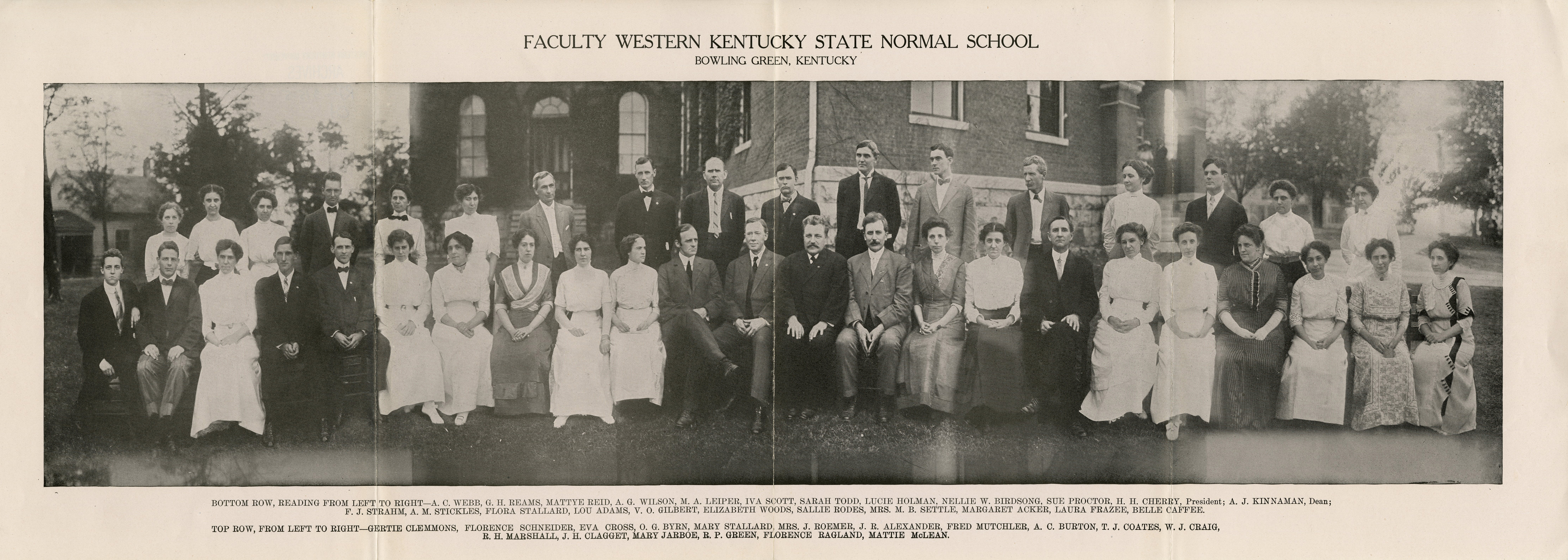"Tell Nobody but God": Reading Mothers, Sisters, and "The Father" in Alice Walker's The Color Purple
Abstract
In my reading of The Color Purple, I make several interconnected arguments, the first being that “The Father,” that is any male, sanctioned by patriarchy, and in the context of a patriarchal, sexist male order, disrupts what would otherwise be a powerful and sustaining relationship, that of the mother-daughter relationship. I continue that sisterhood that is multifaceted and intergenerational serves as a corrective to the disrupted maternal and filial relationship. It is sisters in the novel and not mothers who step in to “mother,” that is nurture, protect, support, as well as challenge one another, even in the most harrowing of situations – including rape, incest, spousal abuse, ailing health, and imprisonment. It is in the context of Celie’s sister-relationships Walker’s protagonist is able to wrest herself free of patriarchal dogma, informed as it is by sexist, racist cultural and familial practices, that do not serve her well; and that favor abusive men. It is also in the context of Celie’s sister-relationships with Nettie, Celie’s biological sister; Sofia, Celie’s daughter-in-law, Lillie “Shug” Avery, Celie’s love/r, and Mary “Squeak” Agnes, Celie’s acquaintance, that Celie is able to transform from a poor, isolated, victimized, and beholden Southern Black girl who simply wants to know “what is happening to me?” to a self-possessed, loved, and enterprising Black woman, in community (Walker, 1982, p. 1). Celie’s transformation is not one-sided however, as Walker constructs these sister-relationships as mutually influencing.
Disciplines
African American Studies | American Literature | American Studies | Arts and Humanities | Feminist, Gender, and Sexuality Studies | Race, Ethnicity and Post-Colonial Studies | Women's Studies
Recommended Citation
Hopson, Cheryl, ""Tell Nobody but God": Reading Mothers, Sisters, and "The Father" in Alice Walker's The Color Purple" (2018). Faculty/Staff Personal Papers. Paper 240.
https://digitalcommons.wku.edu/fac_staff_papers/240

